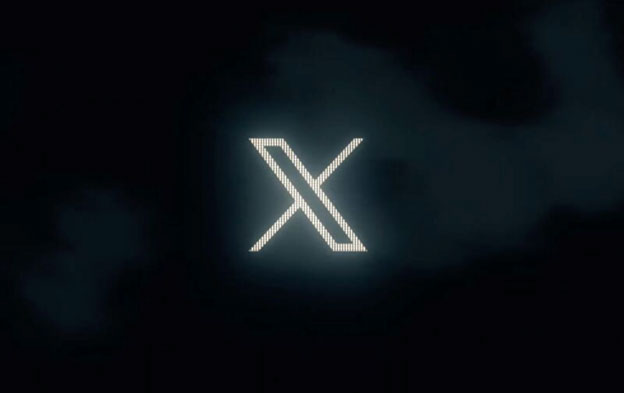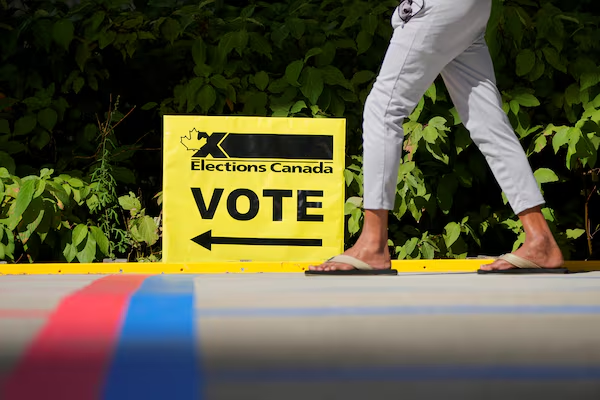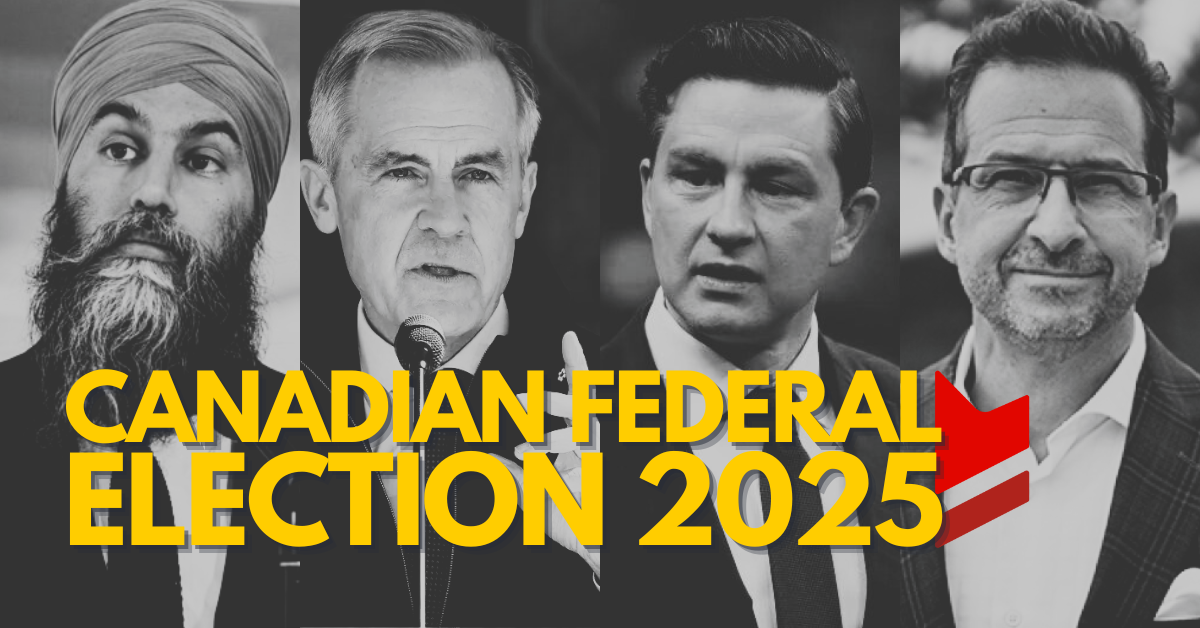As Canada approaches its federal election on April 28, 2025, political campaigns are increasingly leveraging social media platforms to influence voter behavior. With traditional media consumption declining, platforms like TikTok, Instagram, and X (formerly Twitter) have become essential tools for political engagement, particularly among younger demographics. This article explores how Canadian political parties and candidates are utilizing these platforms through microtargeting and influencer partnerships to sway public opinion.
TikTok: Engaging Younger Voters

TikTok’s short-form video content has become a powerful medium for political messaging, especially among younger voters. Political campaigns are creating engaging content that aligns with trending topics to increase visibility and relatability. For instance, parties are collaborating with popular TikTok creators to disseminate campaign messages in a more organic and entertaining manner.
A report from the University of Ottawa highlights that influencers on platforms like TikTok can significantly impact voter behavior by shaping and interpreting political news. This strategy allows campaigns to reach audiences that are traditionally harder to engage through conventional media channels.
Instagram: Visual Storytelling and Microtargeting

Instagram’s visual-centric platform enables political campaigns to craft compelling narratives through images and stories. By utilizing microtargeting, campaigns can deliver personalized content to specific demographics based on user data.
The Liberal Party, for example, launched thousands of new advertisements on Facebook and Instagram in the first week of campaigning. These ads are tailored to resonate with various voter segments, addressing issues pertinent to each group. This approach not only increases engagement but also enhances the effectiveness of the campaign’s messaging.
X (Formerly Twitter): Real-Time Engagement

X serves as a platform for real-time political discourse, allowing candidates to respond promptly to current events and engage directly with constituents. Political figures utilize X to share policy positions, counter opponents’ narratives, and mobilize supporters. The immediacy of X enables campaigns to maintain a constant presence in the public conversation, which is crucial during the fast-paced election period.
Influencer Partnerships: Expanding Reach and Credibility

Influencer partnerships have become a cornerstone of modern political campaigns. By collaborating with social media personalities who have established trust with their followers, campaigns can extend their reach and enhance credibility. These influencers act as intermediaries, translating political messages into content that resonates with their audiences.
However, this strategy is not without challenges. The University of Ottawa report notes that while influencers can significantly impact voter behavior, there are ethical concerns regarding transparency and the potential spread of misinformation. Ensuring that influencer partnerships are conducted responsibly is essential to maintain the integrity of the electoral process.

The 2025 Canadian federal election exemplifies the transformative role of social media in political campaigning. Platforms like TikTok, Instagram, and X have become indispensable tools for engaging voters, particularly through microtargeting and influencer partnerships. While these strategies offer unprecedented opportunities for outreach and engagement, they also necessitate careful consideration of ethical implications to safeguard democratic processes. As digital landscapes continue to evolve, political campaigns must adapt responsibly to harness the full potential of social media.
References
EOK Media. (2024, January 15). How Canadian political parties use digital marketing to win elections. EOK Consulting. https://eokconsults.com/canadian-political-digital-marketing/
The Logic. (2021, August 20). Liberals flood Facebook and Instagram with ads in first week of campaign. The Logic. https://thelogic.co/news/liberals-flood-facebook-and-instagram-with-ads-in-first-week-of-campaign/
University of Ottawa. (2023, September 27). Social media influencers play expanding role in election campaigns, despite ethical concerns. University of Ottawa. https://www.uottawa.ca/en/news-all/social-media-influencers-play-expanding-role-election-campaigns-despite-ethical-concerns

